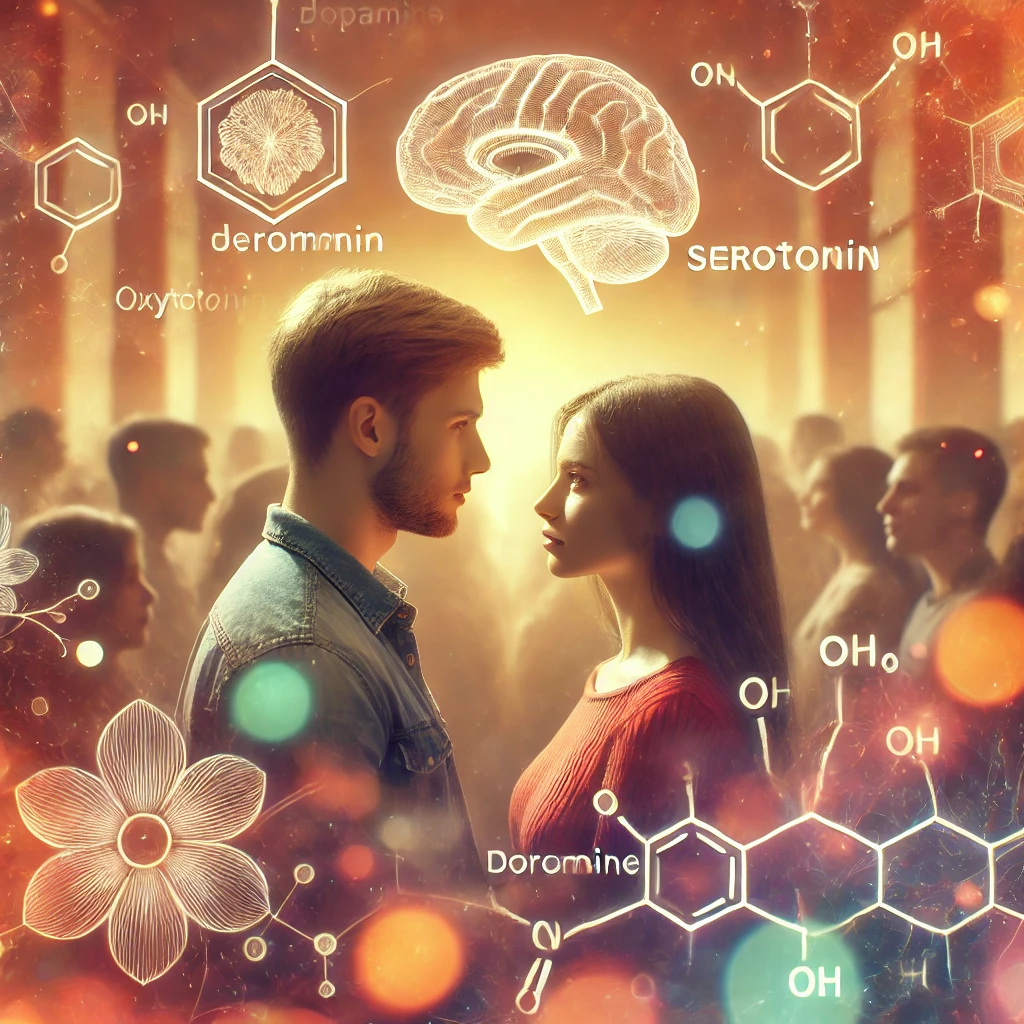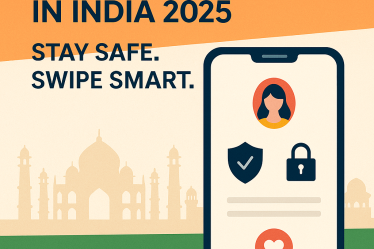
The Science of Chemistry: Is Instant Love Real or Just Brain Chemistry?
You lock eyes across the room. Your heart skips. There’s something about this person—and suddenly, you’re convinced this is it. Soulmate. The one. But hold up—did you just fall in love, or is your brain playing tricks on you?
Let’s talk about the science of “instant love.” Is it real? Is it chemistry? Or is it just Hollywood messing with your expectations?
What Is Instant Love, Really?
First, let’s get clear: instant love and instant attraction aren’t the same thing.
Attraction is fast. You can feel drawn to someone’s looks, voice, energy, or even scent in seconds. Love, on the other hand, usually takes a little more time—trust, shared experiences, vulnerability.
But people do report feeling like they’ve fallen in love at first sight. A study by Match.com found that 34% of men and 27% of women say they’ve experienced it.
So what are they actually feeling?
The Brain on “Love”: Dopamine, Oxytocin, and All That Jazz
Your brain is a chemical factory, and when you meet someone you’re into, it fires up like a slot machine hitting jackpot. Here’s what’s happening:
- Dopamine: The pleasure chemical. It floods your brain when you’re excited or rewarded—which is why someone hot and mysterious can feel addictive.
- Oxytocin: The “bonding hormone.” Often released during touch or eye contact. It can make you feel close to someone fast.
- Norepinephrine: Boosts adrenaline, which makes your heart race, palms sweat, and pupils dilate. Basically, it revs your body up when you’re into someone.
- Serotonin: Takes a dip when you’re “in love,” leading to obsessive thoughts (can’t stop thinking about them? Yeah, that’s serotonin on vacation).
This chemical mix creates the feeling of falling hard and fast. But here’s the twist: chemicals fade. So while you may feellike it’s love, it might just be nature’s way of pushing you toward connection.
Is Instant Love an Evolutionary Shortcut?
From an evolutionary standpoint, feeling fast attraction could have been a survival hack.
- Quick pair bonding increased chances of reproduction.
- Visual and scent cues (think symmetry, pheromones, voice tone) might signal genetic compatibility.
- The faster two people connect, the faster they can protect, provide, and parent—at least, that’s the theory.
Evolution doesn’t care about your rom-com dreams—it’s just trying to keep the species going.
Instant Love vs. Real Compatibility
So, you feel a spark. Great. But what happens after the butterflies?
Long-term love is built on things that take time:
- Shared values and goals
- Communication and trust
- Emotional availability
- Handling conflict well
Psychologist Robert Sternberg calls this the Triangular Theory of Love—a balance of passion, intimacy, and commitment. Instant love usually covers passion. But intimacy and commitment? Those require showing up when it’s hard, not just when it’s hot.
A quick connection can absolutely grow into something deep—but it isn’t always the case.
Can Science Prove Instant Love Is Real?
Short answer? Kind of, but not completely.
Neuroscientists have studied people who claim to have fallen in love instantly. Brain scans show activity in the same reward centers associated with drug addiction. So, yes—love (or strong attraction) lights up the brain big time.
But “proving” love at first sight is tricky because:
- It’s subjective.
- Emotions are influenced by context, mood, hormones, etc.
- There’s no universal definition of love.
So while science can measure brain activity, it can’t fully explain what’s in your heart.
Pop Culture and the Instant Love Myth
Blame Disney. Or The Notebook. Or every romantic comedy ever. Media loves the idea of love at first sight—it’s dramatic, emotional, and makes great TV.
But it can also set us up for unrealistic expectations:
- That love should be immediate
- That chemistry equals compatibility
- That if you don’t feel a spark right away, it’s not “meant to be”
In real life, some of the best relationships start slowly. And that’s okay. There’s no one-size-fits-all timeline for connection.
So…Is Instant Love Real?
Here’s the bottom line:
- Instant chemistry is real.
- Instant emotional connection can happen.
- But love? The deep, stable kind? That takes time.
So if you feel a strong pull to someone right away, trust it—but don’t assume it’s the full picture. Pay attention to how they show up over time. That’s where real love lives.
Final Thought
Next time you feel that spark, enjoy it. Chemistry is fun—and it matters. But don’t confuse fireworks for foundation. Love is less about how fast you fall, and more about how you grow together once you land.



